As the small plane I was in flew across Kenya from Mombasa to Lamu Island, I caught glimpses of the special beauty of the Lamu Archipelago, tucked away in Kenya’s northern coastline two degrees south of the equator.
I was on my way to meet the staff members of two of our new partner organisations – Safari Doctors and The Northern Rangeland Trust (NRT) to deliver a one and a half day training on PHE, a holistic way of working which reflects the connections between People, their Health and the Environment.
As I gazed at the coral fringed islands that I could see from the plane window, I thought to myself that fisheries must be a vital livelihood in such an isolated coastal area, and this guess was soon verified on my arrival in Lamu.
After several conversations with community members, I learnt that Lamu and the surrounding Islands are indeed highly depend on the fisheries sector, and that the food security and health of these communities are strongly linked to the availability of fish in the sea.
I was reassured to see that the PHE approach would make a lot of sense in these locations, and I was excited to meet the two organisations interested in combining their work in conservation and health in order to reach isolated communities with their activities.
After finding my way through the small alleys of Shella village, located on the southeastern corner of Lamu Island, I was thrilled to meet the 25 participants that had gathered for the PHE training. The group included community conservancy rangers and health ambassadors from the mainland and from Pate island, as well as management staff from both Safari Doctors and NRT.
I was proud to have the opportunity to launch this partnership, and share Blue Ventures’ PHE experience with this inspirational group of people, but before we get into that, I should properly introduce our two new partners.
Safari Doctors is a non-profit community health organisation that supports the delivery of vital healthcare and advances health rights in the Lamu archipelago. They achieve this by mobilising a crew of medical professionals to travel around the archipelago and mainland by boat and motorcycle, delivering health solutions to isolated communities and offering health education to the youth through a Health Ambassador Programme. Safari Doctors’ founder, Umra Omar, was also named the 2017 United Nations Person of the Year in Kenya.
NRT is a community led, non-governmental organisation that was set up in 2004 in northern Kenya by a coalition of local leaders, politicians and conservation interests. Its mission is to develop resilient community conservancies, which transform people’s lives, secure peace and conserve natural resources. NRT’s seven coastal conservancies (NRT-Coast) have their own governing body, with its headquarters in Lamu. Through partnerships, NRT-Coast is supporting communities in Lamu, Tana River and Garisa Counties of the northern coast of Kenya to implement sustainable natural resource management plans, monitor fishing, and build their capacity for effective governance and to grow enterprises that incentivise sustainable use of natural resources.
There has been previous collaboration between these organisations, as during one of Safari Doctors’ first outreach missions, they partnered with NRT-Coast and shared transportation in order to reach more isolated communities.
Right from the start of the PHE training, the overlap of the missions and visions of the two organisations was apparent. Every participant articulated the connections they could see between the people, their health and the environment intuitively, which was encouraging to hear, and we used the PHE Story Cards, developed by the Madagascar PHE Network, to further highlight these connections in an engaging way.
Sensitive issues such as the use of family planning methods, the link with food security, and the growing pressure on natural resources were debated in a vivid discussion. The thought-provoking stories of the participants confronted us with the harsh realities of the everyday lives of the communities they work in – insecurity due to the presence of the militant group Al-Shabab, no access to health facilities and services, declining fish-stocks due to overfished marine ecosystems and the effects of climate change.
During the course of the workshop, both partners clearly articulated how working in partnership would benefit their organisations, the communities they serve and the environment upon which they depend. They developed thematic areas for future collaborations, and came up with an action plan for the coming months. A PHE working group, including staff members from both organisations, was formed on site and an agreement for the next PHE meeting was made.
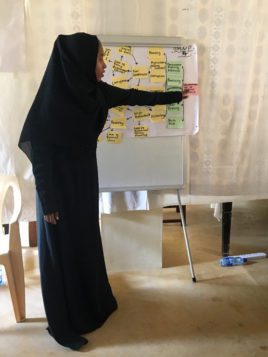
Amina from Lamu Youth Alliance presenting group work results
It was very motivating to see, how the training helped to solidify new partnerships and I am delighted that PHE is adding true value to the work of NRT-Coast and Safari Doctors.
The partnership between Safari Doctors and NRT-Coast is being called the Pamoja Project – Pamoja is Kiswahili for together – and their work is already evolving with a joint beach clean-up and waste management project starting shortly after the PHE training. Blue Ventures is giving ongoing support to both organisations around fundraising and monitoring and evaluation, and all three parties are planning a second workshop later in 2018 to further develop a joint work plan.
I wish both organisations all the success with these great first steps on their PHE journey and I am looking forward to keep working closely together with Safari Doctors and NRT on PHE.
Read about another PHE training workshop bringing partners together in Kaledupa, Indonesia.
Thanks to all of our funders supporting our PHE work, especially the Segal Family Foundation.


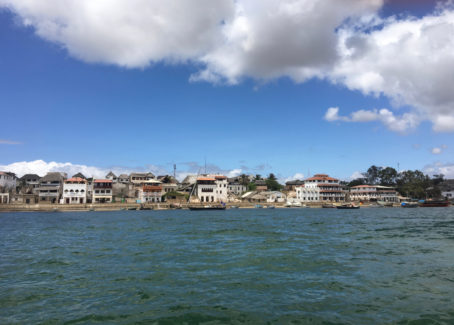
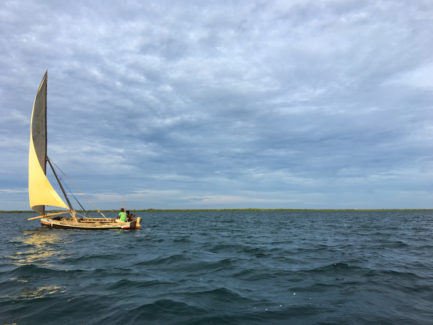
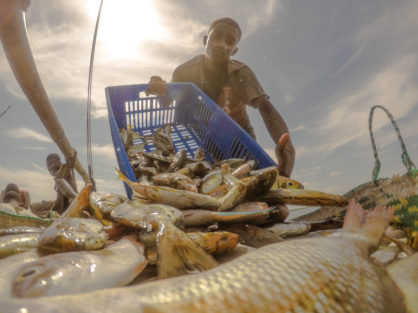
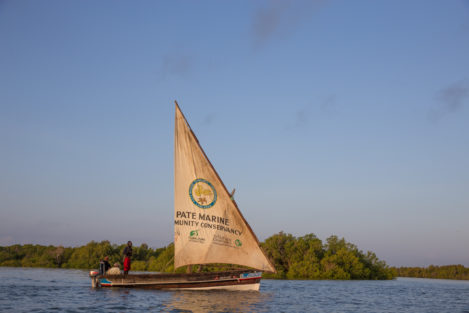
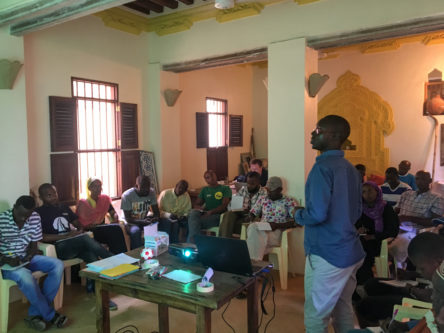
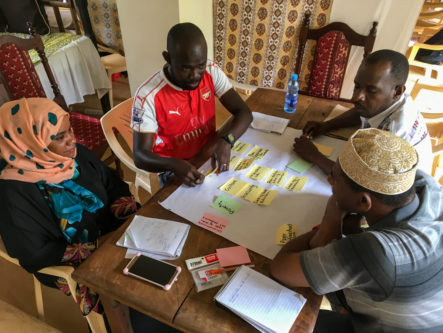
This is great Cathrine, PHE is the way to go. We would also like to work with you to strengthen our PHE network through training and expanding the network. I’m the PHE focal person in the National Council for Population and Development and looking forward to having more fruitful discussions.
Thanks
Hi Jane, it’s great to hear that you’re interested in collaborating with us! I’d suggest getting in touch with our Medical Director Dr Vik Mohan at [email protected] to discuss further. Best wishes.